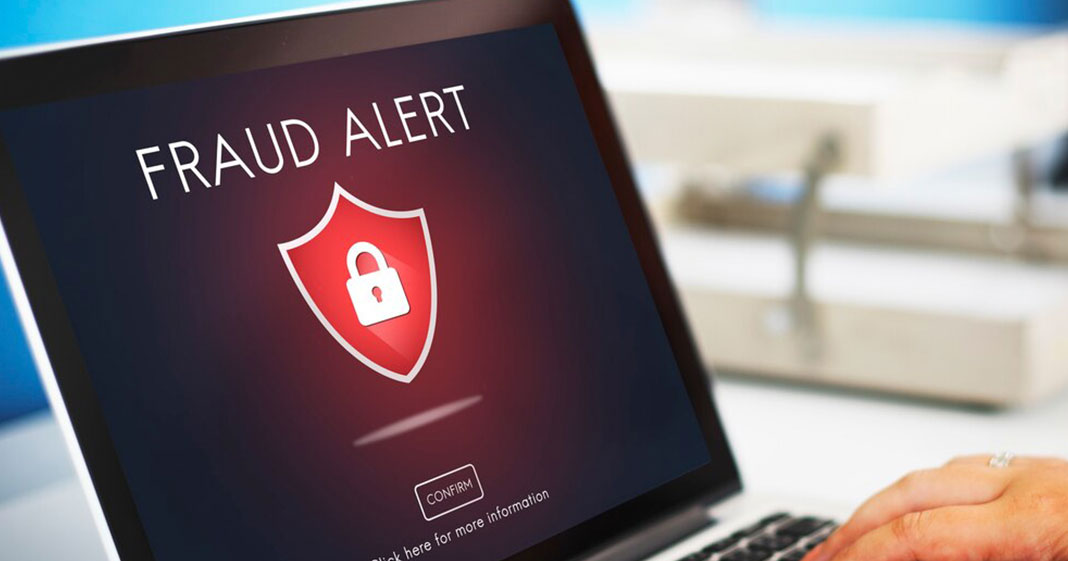How to Spot and Prevent Rental Fraud in Rental Scams
It can be tempting to snatch up an attractive property before taking the time to conduct thorough research, whether you’re looking for a rental in your present area or in a different state. This is especially true if you have a short window of time to choose a place, in which case, it is much more crucial to be alert for any fraud. Identity thieves frequently use rental scams, in which victims lose thousands of dollars by paying fees to fictitious organizations. Rental scams can affect anyone; many of the con artists are skilled and persuasive.
Here are five questions you may use to identify potential red flags in the rental market, along with advice on how to make sure your leasing procedure is secure and safe.
1. Is the rent per month too good to be true?
A rental fee that is excessively cheap for the area can be a sign of fraud. There can be an issue if you find an inexpensive apartment in the neighborhood of your dreams for much less than what others are asking for rent. Scammers frequently prey on those who are nervous about locating a home quickly, long-distance migrants, and first-time tenants. Scammers may promote that they have a unique offer that will go quickly in an attempt to trick people into making fraudulent transactions. However, keep in mind that scammers prey on people who get excited about deals.
What to do: Do some research on local rental costs for the type of property and amenities you want in order to avoid falling for the “too good to be true” scam. As a guideline for what you might anticipate paying for the rental, you can also use the Rent Zestimate provided on the listing. Ask the landlord or property manager why the rent is so cheap for the neighborhood if you’re interested in a listing where the rental fee is surprisingly low. You should also save copies of all correspondence you have with them.
2. Is this an authentic listing?
If you find the same listing for a rental under a different name when looking online, that’s a red flag it might be a fraud. A genuine rental or real estate listing may be taken over by scammers who don’t have any rentals to tour, in which case they alter the email address or other contact details. To draw in renters, they will then post the updated advertisement on a different listing website.
What to do: Look for listings that you would want to tour online to check if they are available elsewhere. Make sure the landlord’s name, contact information, address, and other pertinent details are all included in the listing if the property is posted on popular rental listing websites.
3. How is the request for payment made?
If a property manager or landlord asks you to pay with cash, wire transfer, or money order, you should be suspicious. Sending cash, wire transfers, and money orders cannot be precisely tracked once they are sent.
What to do: Electronic bank account deposits are usually the most convenient way to make any kind of rental payment. This can be arranged with your bank. In this manner, the distribution of your funds is easily accessible and transparent. Alternatively, you may use a paper check (if you still have any) or a credit card (subject to interest). Modern, larger properties frequently have a resident portal website where you can make payments your rent online.
4. Before you see the property, are you being asked for any personal information?
In addition to having access to the property before paying in any way, you ought to schedule a tour before completing a rental application or giving out any other personal information, such as your date of birth, social security number, or credit card number. The majority of con artists don’t actually own rental property. Confirming the unit’s existence in person will help you make sure the rental is real.
What to do: Try to visit the property in person whenever you can. If you can’t see the rental in person, ask to take a virtual tour or think about having a friend or agent see it for you. It may be a cause for concern if the landlord says they are unable to show the property or demands that you provide sensitive personal information ahead of time.
5. Is this property real or imaginary?
A different scam tactic used by con artists is to show potential tenants properties that aren’t real in an attempt to get their security deposit. Scammers occasionally use remote inquiries to their advantage by providing a virtual tour of a house that isn’t really for rent.
What to do: Ask a friend, agent, or coworker to make an in-person visit on your behalf if you’re looking for a rental and are unable to see the apartment or house yourself. This is especially useful if you’re moving for a job offer. Before signing a lease, make sure you thoroughly inspect the rental using Zillow’s Rental Walkthrough Checklist.
Additionally, early on in the process, make sure to arrange a face-to-face or virtual meeting with your potential landlord. Property records can be obtained from the county clerk’s office or the local assessor’s office if you think you need to conduct additional research on the property. Check the listing for accurate names, phone numbers, and websites. Check reviews on the property manager’s website, if one exists, to identify any potential red flags in advance of time.









Leave a Reply